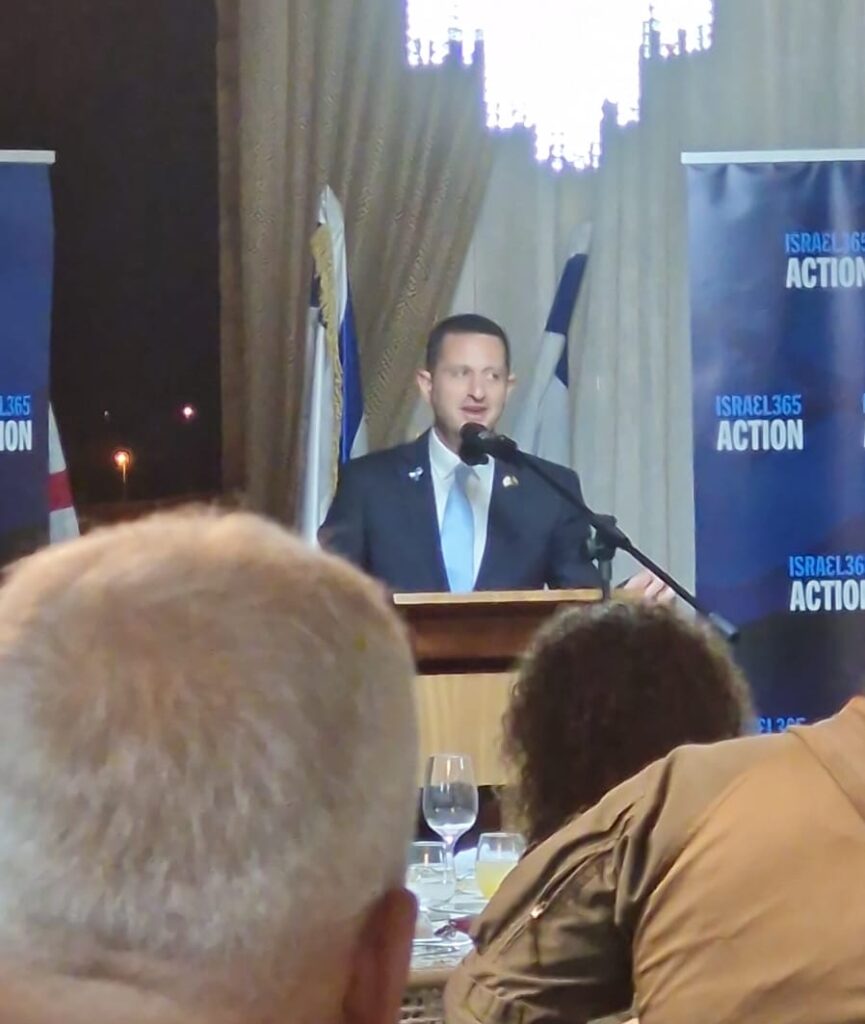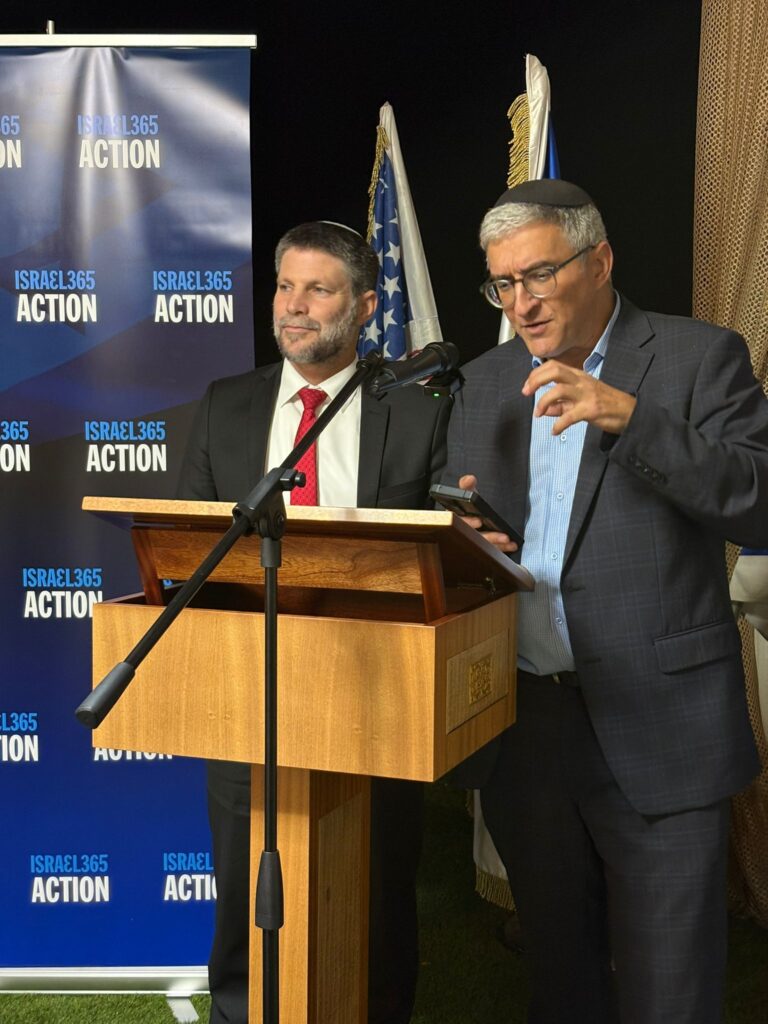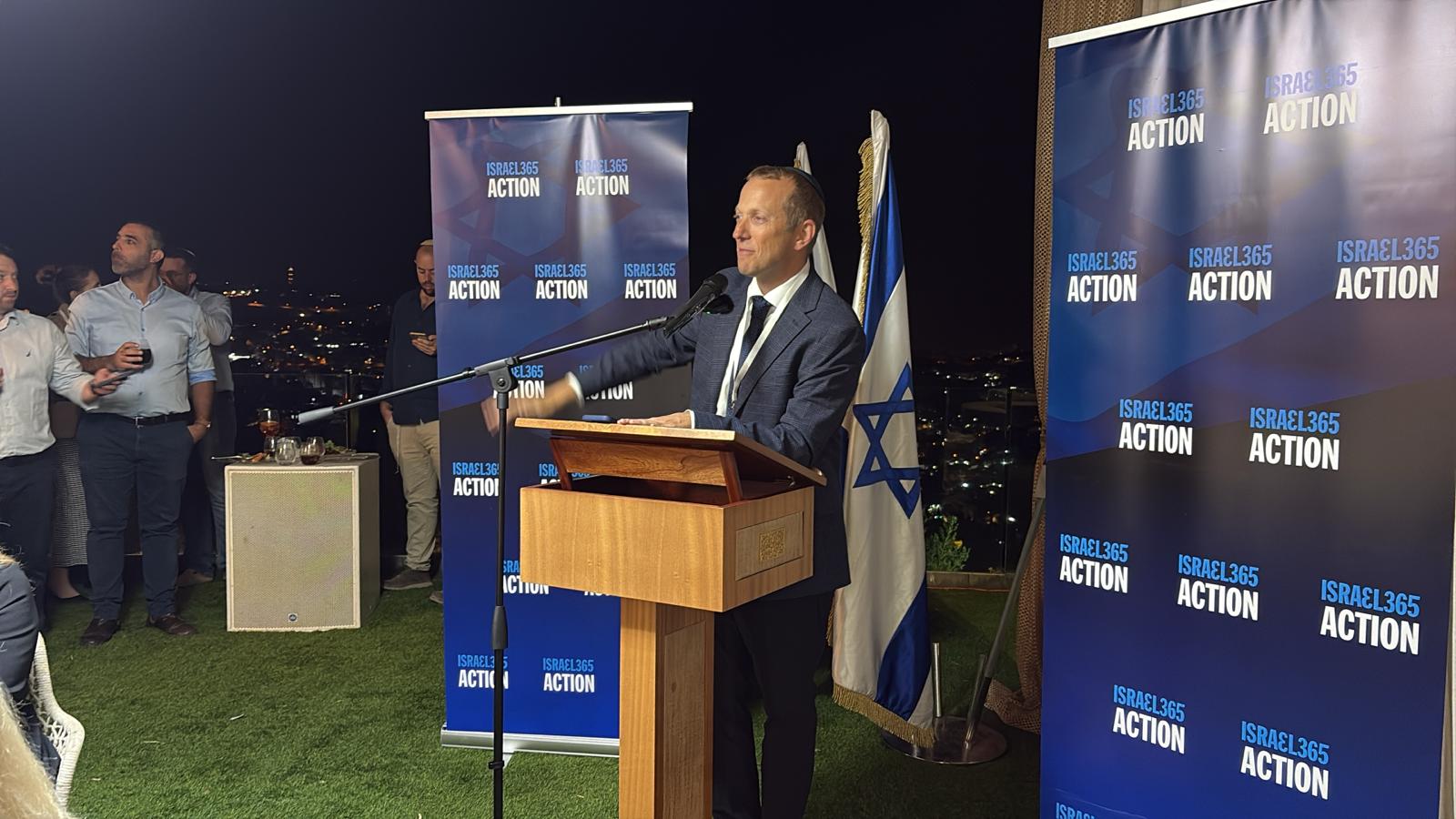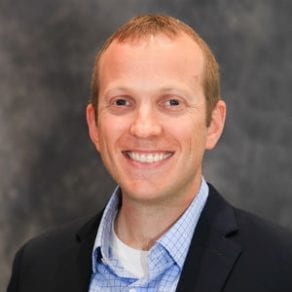Jerusalem — In a city where faith and politics are never far apart, an English-speaking alliance of Jewish and Christian activists gathered this week to press an unambiguous case: Israel must extend sovereignty over Judea and Samaria.
The “World Zionist Congress Celebratory Dinner: Next Steps Towards Sovereignty” was hosted at the Jerusalem home of philanthropist and Israel365 Action delegate Tila Falic Levi and drew about 150 participants—Religious Zionist leaders, members of Knesset, and Christian allies from abroad. Coming on the eve of the World Zionist Congress, the event carried a sense of timing and purpose: a campaign to place sovereignty, not compromise, at the center of the Zionist agenda.
At its heart was Rabbi Tuly Weisz, founder of Israel365 and the driving force behind Israel365 Action’s new political presence inside the Congress. “For the first time, we are bringing the voice of Israel’s biblical heartland—and the millions of Christians who stand with Israel—directly into the global Zionist conversation,” he said. “If you care about where the Jewish people’s resources go, you must have a seat at that table.”
The evening also included the launch of Rabbi Weisz’s new book, Universal Zionism: The Movement for Israel & the Nations, timed to coincide with the opening of the World Zionist Congress. The book captures Rabbi Weisz’s and Israel365’s vision for a renewed Zionism—one that joins faith with action and brings Jews and Christians together in support of Israel’s biblical mission.
Falic Levi, whose family helped establish the visitor center in ancient Shiloh alongside many other critical projects in Judea and Samaria, spoke about turning faith into physical development. “Before we built there, there was nothing to visit,” she said. “Now more than a hundred thousand people of every background come to Shiloh each year. The security and future of Israel depend on Judea and Samaria, and our goal is to build there—to bring people of all faiths to see the Land for themselves.”
Her remarks set the tone for the evening: sovereignty not as a slogan but as a plan of action.
Knesset Member Ohad Tal of the Religious Zionist Party framed sovereignty as both a biblical command and a practical necessity. “It’s not a political stunt, as some claim,” he said. “It’s our heritage. The Land of Israel belongs to the people of Israel because God said so. The future of our children demands that we act on that truth.” Tal also pointed to growing conversations with Arab leaders in Judea and Samaria who, he said, increasingly view Israel as the region’s stabilizing force.

Tal has become one of Israel’s most active voices in strengthening ties with Christian allies around the world. He has worked closely with Israel365 to educate pastors, leaders, and grassroots supporters about the biblical and strategic importance of Judea and Samaria. His message to Christian audiences is consistent: that Israeli sovereignty over its biblical heartland is not only a Jewish right but a shared cause for all who believe in the promises of the Bible and the moral clarity of Zionism.
Dr. James Lindsay, an American scholar known for his research into radical ideologies, delivered one of the evening’s most personal speeches. Lindsay described how his decision to expose antisemitism within what he calls “the Woke Right”—a faction of conservative commentators including Tucker Carlson and Candace Owens who have promoted anti-Israel rhetoric—cost him his career’s momentum.
“Between October 2023 and October 2024, I gave 120 public lectures,” he said. “Since I took a public stand for Israel and against the Woke Right, I’ve given seven. But you stand for the truth. You don’t waver.”
He warned that elements of the U.S. right threaten the moral basis of the American-Israeli alliance, but said his visit to Israel had renewed his optimism. “Israel represents everything conservative America wishes it was—faithful, strong, principled. Seeing it firsthand reminds me why the fight is worth it.”
Bezalel Smotrich: Faith, Policy, and a Message for Washington
The keynote came from Finance Minister Bezalel Smotrich, who spoke with candor and urgency about sovereignty as both a theological duty and a policy agenda. “My life’s mission is to prevent the establishment of a Palestinian state and to strengthen Jewish settlement—to turn de facto sovereignty into sovereignty in law,” he said. “If we have no right to Hebron or Beit El, then we have no right to Tel Aviv. Our legitimacy comes from God’s promise to Abraham.”
Smotrich, leader of Israel’s Religious Zionist (Zionut HaDatit) party, noted that in his dual role overseeing both the Finance Ministry and the Civil Administration in Judea and Samaria, he has advanced what he called a “quiet revolution”—tens of thousands of new homes, expanded infrastructure, and the normalization of civil governance in the territories. “This is how sovereignty begins,” he said.
But the minister’s sharpest words were reserved for the political fallout from Washington. Responding to U.S. Vice President J.D. Vance’s recent dismissal of Israel’s sovereignty vote as “a stupid political stunt,” Smotrich said the blame lies not in America but in Israel’s own failure to communicate.
“It’s our fault that President Trump and his team treat Judea and Samaria this way,” he said. “How can we expect them to stand with us if we don’t show them how vital this issue is? We must make the critical importance of sovereignty unmistakable—on every platform, in every conversation.”

Smotrich described former President Trump as “the greatest friend Israel has ever had in the White House—a man sent by God as His messenger.” Yet, he said, friendship does not replace conviction. “We didn’t wait for American approval to declare sovereignty over Jerusalem or the Golan Heights. We did what was right, and recognition from the U.S. eventually followed. The same will happen here. Our task is to speak clearly and act with faith. When we do, the world will follow.”
A Movement Testing Its Reach
As the night closed, Rabbi Weisz reflected on the significance of Israel365 Action’s presence inside the World Zionist Congress—the first time the movement for Judea and Samaria will have an organized, English-speaking delegation focused on both Jewish and Christian partnership. The Congress, he reminded the audience, still directs roughly a billion dollars in global Jewish funding each year. “That’s not symbolic,” he said. “That’s real influence. Our resolutions on sovereignty and on Christian partnership are designed to turn ideals into budgets.”
Tg highlighted how faith and strategy now intersect in a shared political mission: translating biblical conviction into concrete policy over Judea and Samaria.
Sitting beneath the lights of Jerusalem, with the Temple Mount visible in the distance, Smotrich’s words lingered: “The only question is which side of history we choose to stand on. As for us—we stand with God, who writes history.”





